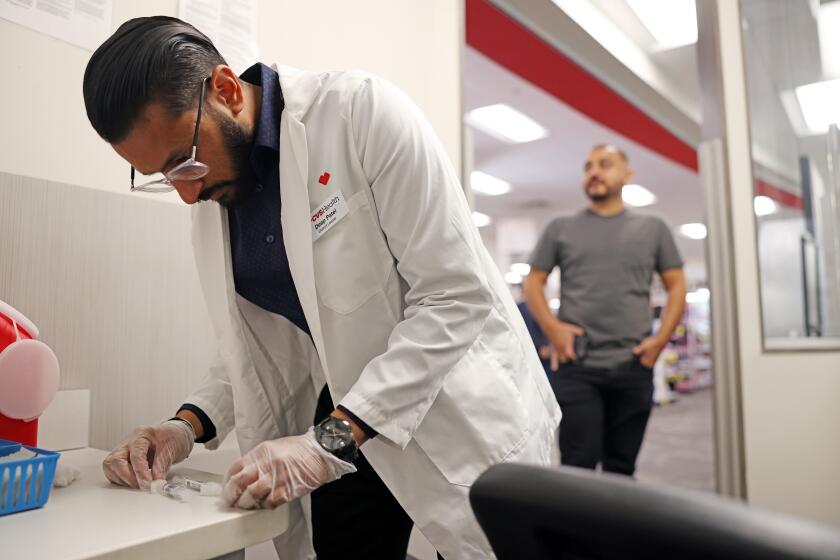End-of-life decisions can take a toll on surrogate decision-makers
End-of-life medical decisions, such as whether to stop treatment or discontinue life support, are often difficult for friends or relatives of an incapacitated patient. The surrogate decision-maker may wonder what the patient would have wanted or may have to deal with other friends’ or relatives’ varying opinions. A study published Monday finds that some surrogate decision-makers suffer from the experience for months or years.
Surrogate decision-making is common in hospitals. An average of 40% of hospitalized patients can’t make decisions for themselves. That figure rises to 70% if the patient is elderly and 95% if the patient is critically ill, according to the authors of the new study, from the National Institutes of Health. The researchers evaluated 40 studies on the topic involving 2,854 surrogates. While a few studies showed that surrogates are sometimes satisfied with their experiences, many other studies found disturbing ramifications. About one-third of the surrogates experienced negative emotions as a result of having to make decisions.
Oftentimes, these negative experiences were “substantial” and lasted for months. Some surrogates expressed guilt over the decisions they made, stress at the experience and doubts about whether they made the right call. They used words like “intense,” “painful,” “traumatic” and “overwhelming” to describe the experience or even called it “the hardest thing I have ever done in my life.”
However, the decision-making process was likely to be less stressful for the surrogate if he or she was aware of the patient’s preferences because of a living will or other such document or because of prior conversations with the patient.
In recent years, health experts have lobbied hard for people to make living wills or talk about end-of-life care with their loved ones. The study reinforces the need for such planning. Individuals who are ill or elderly should consider these directives (often called an Advance Health Care Directive) or conversations as a way to minimize the surrogate’s distress. Sometimes, the authors wrote, people avoid end-of-life-care conversations for fear of upsetting their loved ones or burdening them with the information. But the authors wrote: “Rather than freeing surrogates to make decisions as they see fit, absence of evidence regarding the patients’ treatment preferences often seems to increase the burden on surrogates.”
The study was published in the Annals of Internal Medicine.
Related: California program helps people record wishes at end of life
Return to Booster Shots blog.



